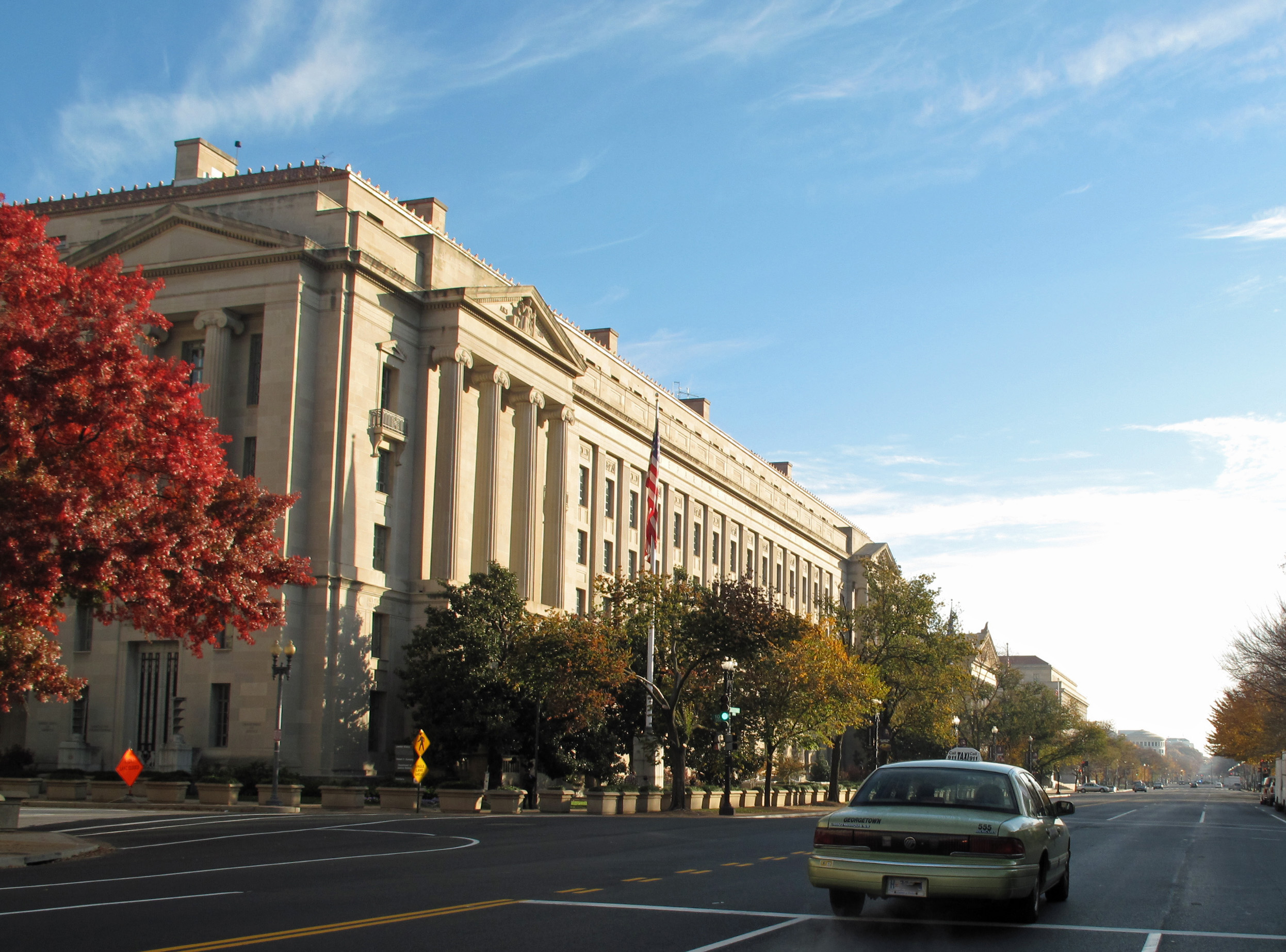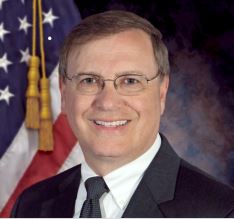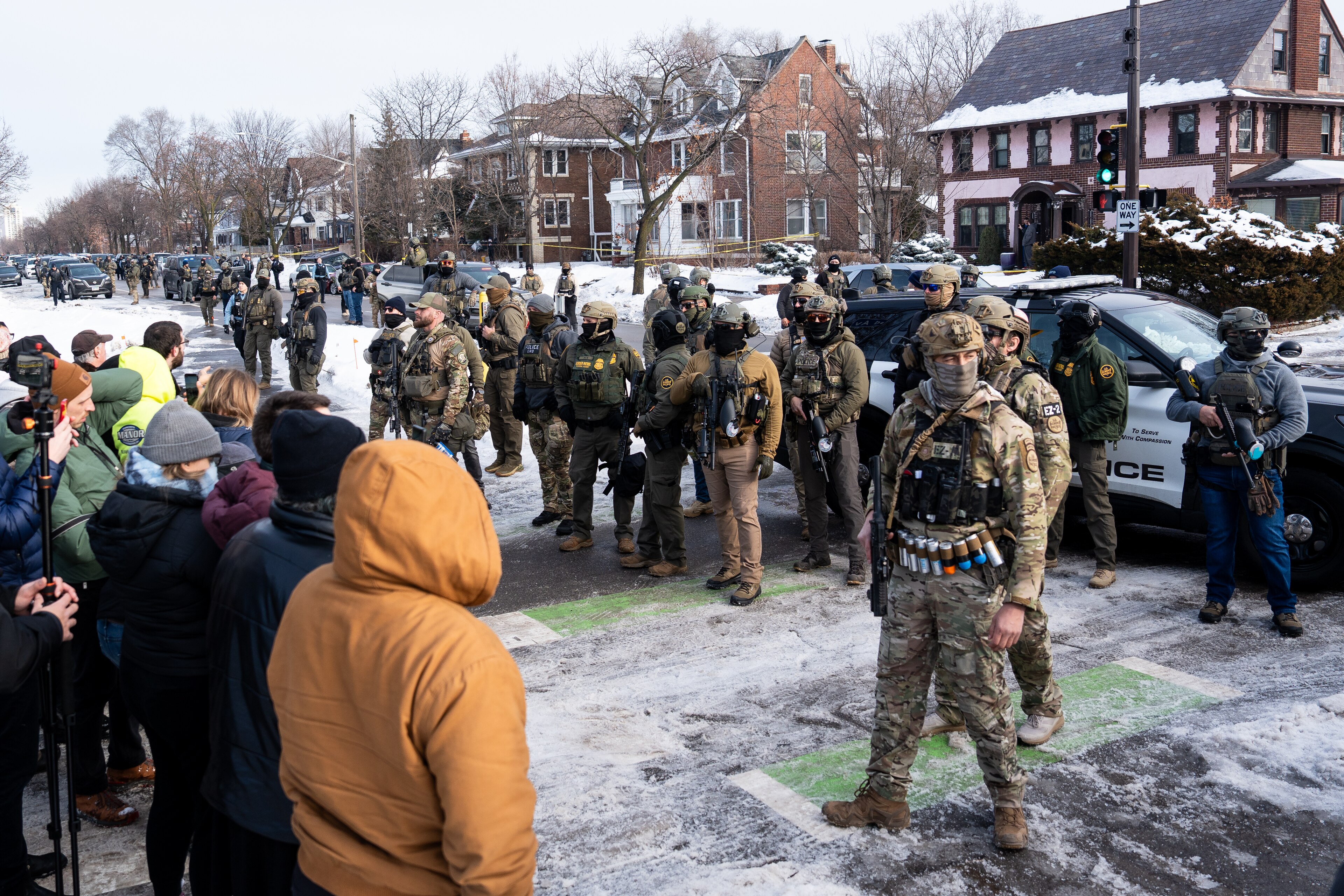A More Independent Special Counsel
Attorney General Merrick Garland had an alternate path before him, an option with a successful track record that would have afforded a special counsel greater autonomy.

Attorney General Merrick Garland, citing “extraordinary circumstances,” recently appointed a special counsel to investigate whether former President Donald Trump or others “unlawfully interfered with the transfer of power following the 2020 presidential election[.]” The special counsel was also assigned to investigate crimes concerning the retention of classified documents found at Trump’s Mar-a-Lago home.
My apprehension regarding a special counsel has nothing to do with Garland, a highly principled and honorable man. And it has nothing to do with the special counsel he appointed, Jack Smith, who appears extremely well qualified to this arduous task. Rather, I have two main concerns.
First, the Justice Department could have handled this matter through normal channels—without a special counsel—with the deep bench of career investigators and prosecutors who have already worked on this case for nearly two years. Simply put, there was no need to invoke the special counsel regulations, even if the only substantive change turns out to be that there is a new day-to-day boss (Smith) on the case. Under the “normal channels” scenario, without a special counsel, it would be business as usual, with Garland in his ordinary role overseeing all of the work of the Justice Department.
But if Garland was right that there were “extraordinary circumstances” that compel the appointment of a special counsel, then what structure is best? We have toggled in this country between an independent counsel statute (now expired), which many thought ceded too much authority, and the current special counsel regulations, which govern the respective duties of Garland and Smith.
Those regulations may not permit Smith sufficient independence, despite Garland’s assurance that Smith, as special counsel, “will exercise independent prosecutorial judgment to decide whether charges should be brought.” Let me further explain this second concern, and illustrate why a lesser-known alternate path—a path that would have given a special counsel significantly more independence to do the job—may strike a better balance than both the independent counsel statute and the special counsel regulations.
The special counsel regulations give significant authority to Smith, but the regulations also make clear that any final judgment rests with the attorney general. For instance, they state that the attorney general “may request that the special counsel provide an explanation for any investigative or prosecutorial step, and may after review conclude that the action is so inappropriate or unwarranted under established Departmental practices that it should not be pursued.” This part of the special counsel regulations was a “fix” to the expired independent counsel statute that critics contended gave away too much authority.
Therefore, a special counsel lacks true independence. Garland—pursuant to regulation—will not supervise Smith’s “day-to-day” work, but Garland remains responsible for the final determinations in the case. That was true too, of course, of former Attorney General William Barr, who inherited the investigation led by Robert Mueller—the esteemed former FBI director—appointed as special counsel to examine Russian interference in the 2016 presidential election.
I fully trust Garland, but attorneys general come and go. A fair assessment of this arrangement, then, must focus on its structure and not on the specific individuals involved. And I do not believe the regulations under which Smith was appointed provide enough autonomy or purchase enough distance between an attorney general and a special counsel.
The alternate model has an interesting pedigree, and it likely would have avoided these independence concerns. In 2003, Attorney General John Ashcroft properly recused himself from a criminal investigation involving the unauthorized disclosure of the identity of a CIA officer. Ashcroft named Deputy Attorney General James Comey as the acting attorney general in his stead for purposes of that inquiry.
Comey, in turn, designated a highly respected sitting U.S. attorney, Patrick Fitzgerald, as the special counsel for that investigation. But Fitzgerald’s special counsel appointment came with a lawful and creative twist that gave him a larger dollop of independence than the current special counsel regulations permit. Rather than appointing Fitzgerald under the existing regulations, Comey, in his capacity as acting attorney general, used other statutory authorities—specifically, 28 U.S.C. §§ 509, 510, and 515—for the delegation.
At a Dec. 30, 2003, press conference announcing the appointment, Comey stated that he chose Fitzgerald based on “his sterling reputation for integrity and impartiality” and his “extensive experience” handling sensitive, difficult, and important cases.
Indeed, in a letter Comey wrote that same day to Fitzgerald, Comey noted:
I hereby delegate to you all the authority of the Attorney General with respect to the Department's investigation into the alleged unauthorized disclosure of a CIA employee’s identity, and I direct you to exercise that authority as Special Counsel independent of the supervision or control of any officer of the Department.
The last clause of that sentence is key: It gave Fitzgerald authority to conduct the investigation “independent of the supervision or control of any officer of the Department.” As Comey told the press that same day, “[T]he mandate that [he gave] to Mr. Fitzgerald is significantly broader than that [of] an outside special counsel.”
To clarify the point, Comey wrote a second letter to Fitzgerald, dated Feb. 6, 2004, noting that his earlier delegation was “plenary” and that his conferral on Fitzgerald of the title of special counsel “should not be misunderstood to suggest that your position and authorities are defined and limited by [the special counsel regulations].” Indeed, they were not. Fitzgerald effectively served as an “independent” special counsel and did so honorably and well, with virtually no residual authority in the Justice Department to supervise his work.
It was sensible for Comey to give Fitzgerald more independence than the special counsel regulations routinely permitted. Comey ceded true authority and autonomy to Fitzgerald, which in turn provided true and appropriate distance between Comey and Fitzgerald. So there was an alternate path available to Garland, but he chose to rely, instead, on the existing special counsel regulations.
Jack Smith appears to be, as Comey described Fitzgerald in 2003, an “Elliot Ness with a Harvard law degree.” I am confident he will also perform honorably and well. But it is worth remembering that there was another model available to Garland and to future attorneys general—one that worked well almost two decades ago and that may be worth revisiting in the future.





